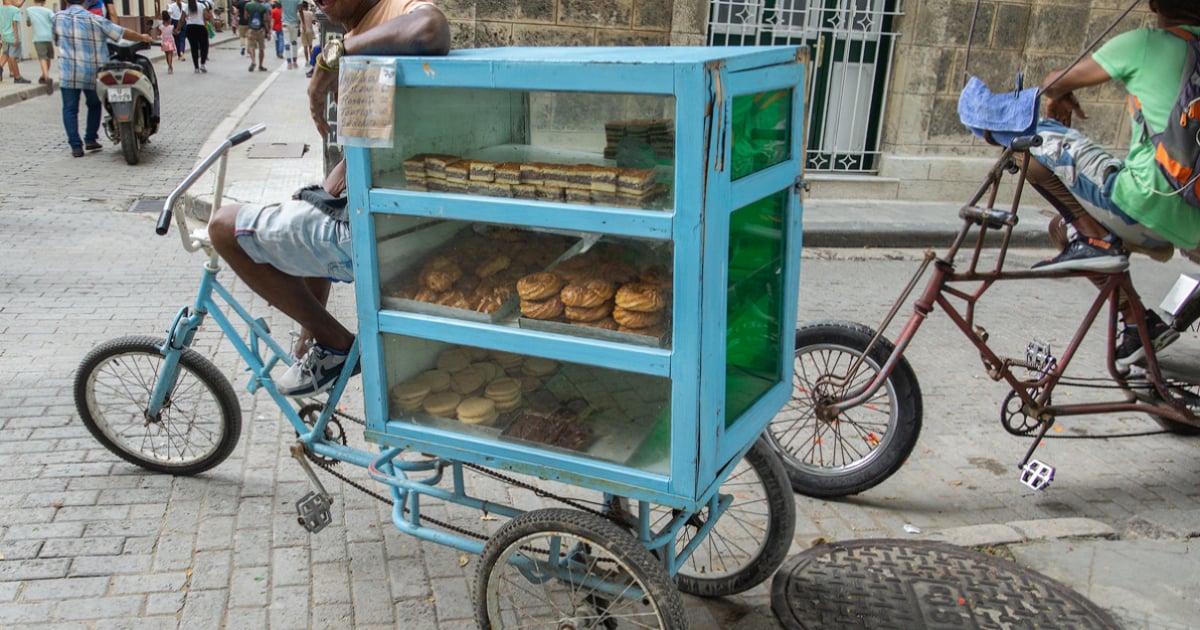
During the third ordinary session of the National Assembly in its tenth legislature, Manuel Marrero, Prime Minister of Cuba, announced significant changes to the regulations for micro, small, and medium-sized enterprises (mipymes) and self-employment (TCP).
Among the key changes for micro, small, and medium enterprises (mipymes) and Non-Agricultural Cooperatives (CNA) are the decentralization of the approval authority to the Municipal Administration Councils (CAM), the implementation of new regulations for the approval of social purposes, and the requirement to declare the legality of the source of funds.
New requirements have also been established for becoming a partner or administrator, and an internal control system has been implemented. State-run small and medium-sized enterprises (mipymes) will continue to be approved by the Ministry of Economy and Planning, and a legal residency status is required to be a partner in a mipyme or CNA. Approval timelines have also been extended.
Additionally, the new regulations include the opening of establishments outside the registered office with the approval of the CAM, as well as the regulation of the dissolution of small and medium-sized enterprises and the CNA. The establishment of corporate social responsibility is also included, along with the obligation for partners not to act on behalf or in the interest of another person.
Regarding self-employment regulations, the number of hired workers will be limited to three individuals, including family members, and affiliation with social security will be mandatory.
Additionally, TCPs that exceed a certain level of annual billing must restructure themselves as legal entities.
Marrero emphasized that these measures are neither a crusade against non-state management forms nor a step backward, but rather a necessary correction and reorientation to ensure that each economic actor plays their appropriate role.
The establishment of a new Institute for the Support of Non-State Economic Actors was also announced, with its headquarters and structure set to be operational in September.
According to the Cuban Prime Minister, these reforms aim to strengthen the Cuban economy and ensure that all economic actors effectively contribute to the country's development.
In his speech, Marrero emphasized that a thorough assessment of the 608 small and medium-sized enterprises that have reported losses was conducted. The results revealed that, in most cases, these losses were not genuine but rather the result of poor accounting practices.
During the parliamentary session, it also became known that the Cuban government has approved a series of specific measures. These include the establishment of tariffs in foreign currency for imports in the non-state sector, the gradual and selective implementation of charges in foreign currency for port services, and the acceptance of cash in foreign currency in certain sectors and activities, such as tourism.
On this topic, Marrero noted: "We can no longer allow so many goods to come in while we continue to charge in national currency."
Recently, the Council of Ministers announced the approval of six decree laws, which will be presented to the Council of State, updating the legal provisions for micro, small, and medium enterprises (mipymes), self-employed workers, and private sector companies in Cuba.
"Contrary to what the enemies of the Revolution claim, this is not a crusade against micro, small, and medium-sized enterprises nor against non-state management. These are policies approved by the Communist Party Congress," said Marrero regarding the new decrees.
The extraordinary meeting took place on July 12. The Cuban Prime Minister stated that the initial regulations contained legal loopholes that led to "distortions." He also acknowledged that there were mistakes on the state's part when it came to contracting services from the private sector.
Cuban leader Miguel Díaz-Canel announced to lawmakers on Tuesday a "restructuring" plan for the private and state sectors due to the "irresponsible manner" in which some of these institutions are operating, he noted.
He insisted that this is not a witch hunt against a specific form of management or ownership; however, the official discourse has been increasingly attacking self-employed small and medium-sized enterprises (mipymes) in recent months, particularly those that import finished products or do not comply with price caps.
The Minister of Finance and Prices in Cuba, Vladimir Regueiro Ale, warned last Monday that it is a "serious crime" for the owners of micro, small, and medium-sized enterprises to hide merchandise and not sell it to the public.
The official went to Cuban television to explain the initial control measures that the regime has agreed upon following the recent implementation of Resolution 225, which imposes a price cap on six essential products in the country.
Recently, the government of Las Tunas shut down 12 of these non-state management entities for violating the resolution that temporarily regulates the maximum retail prices for six basic products in high demand.
Filed under: